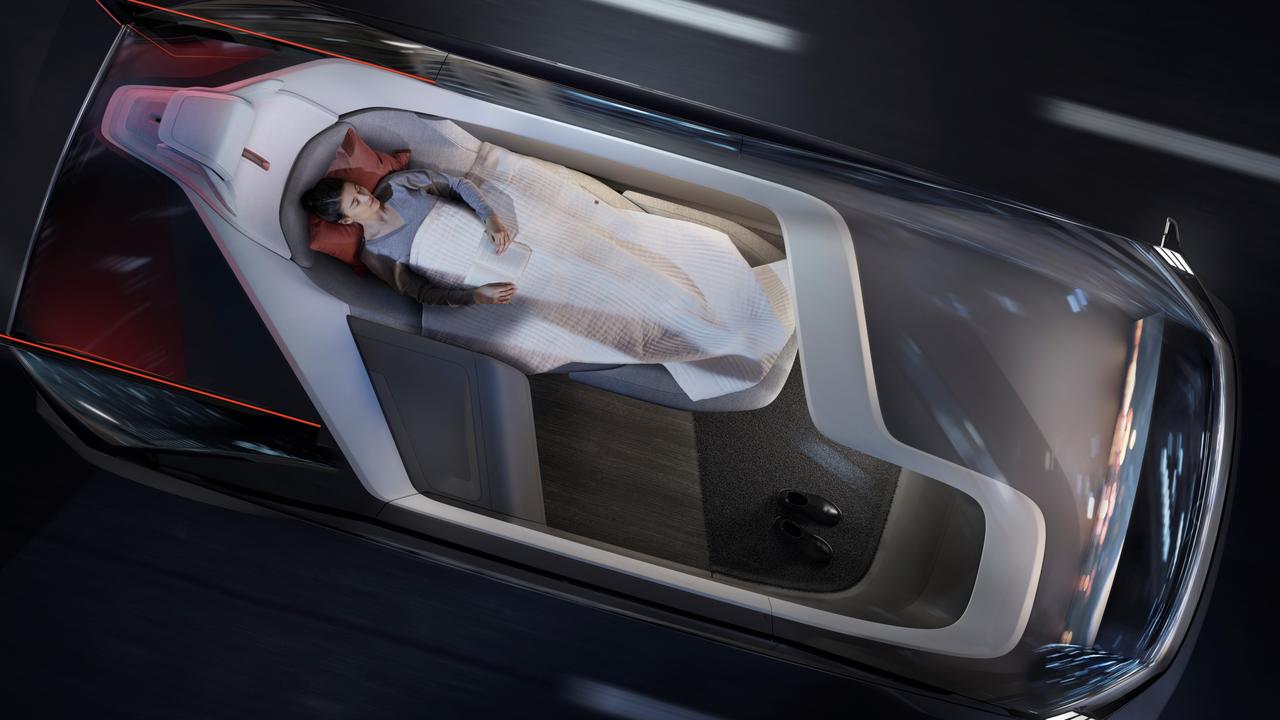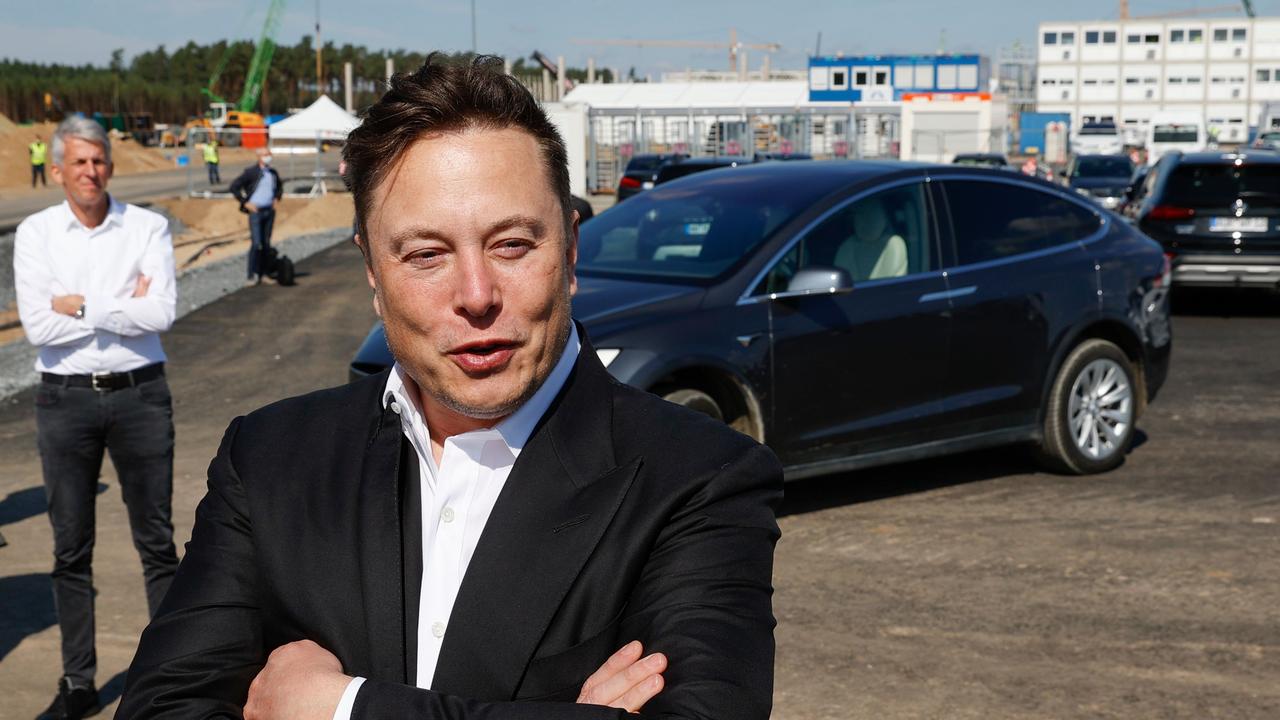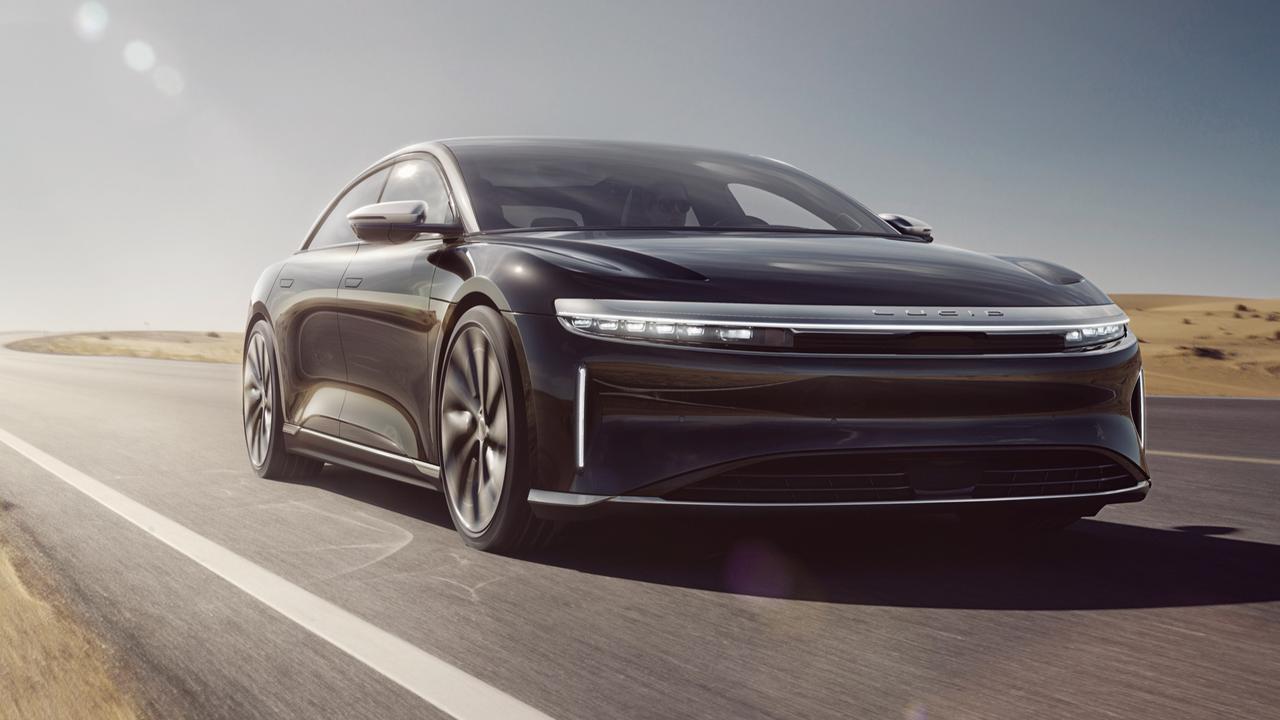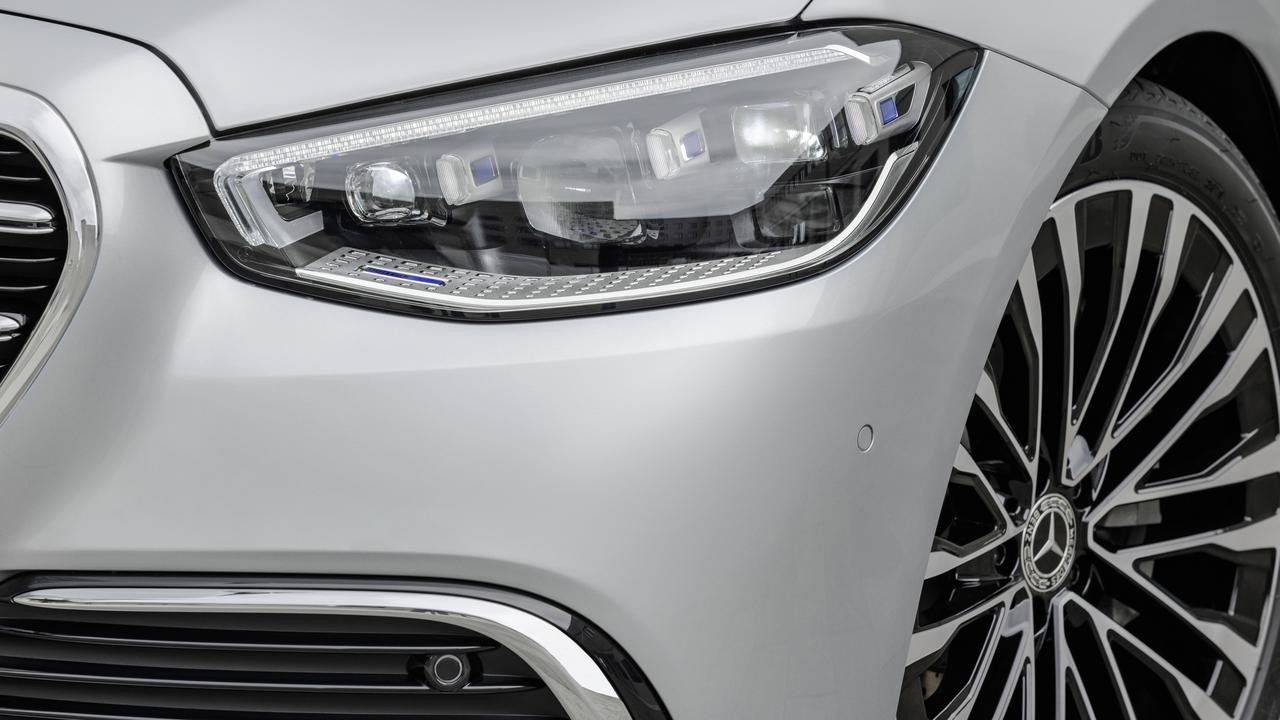Scandalous way we’ll use driverless cars
A NEW study has revealed what we’ll really use driverless car for, and it’ll surprise you.

New British research has detailed how driverless cars may affect urban tourism.
The paper which focuses on how autonomous vehicles will transform the urban space in terms of transportation, tourism and hospitality has drawn some interesting conclusions.
The research has indicated one of the major uses of the future tech will be mobile brothels that could seriously alter current tourism destinations such as Amsterdam’s red light district.
The study conducted by the universities of Oxford and Surrey also identified that hotels and restaurants could encounter new competition thanks to driverless cars acting as mobile dining carts and sleep pods.
READ: Volvo wants to replace planes with driverless cars
Professor Scott Cohen from Surrey University believes that driverless cars offer a number of threats and opportunities for the tourism industry.
“Motorways between cities could fill at night with slow-moving AVs carrying sleeping occupants and commercial sex in moving AVs becomes a growing phenomenon,” says Cohen.
The study revealed other potential benefits of autonomous vehicles including reducing road congestions and emissions and improved hire car processes. Reduced parking demand and cheaper taxi fares will benefit both locals and tourists.

The dark side would be the job losses associated with implementing the technology as tour operators and taxi drivers are no longer required.
Cohen says: “The visitor economy will be gradually transformed if AVs become fully automated and mainstream, leading to a future where hordes of small AVs could congest urban attractions, hop-on hop-off city bus tours may go out of business altogether.”
But the future of autonomous vehicles isn’t certain with parts of the automotive community believing that they will never be widely used.
Earlier this year, in British publication Autocar, BMW board member Ian Robertson cast doubt on whether driverless cars could ever be trusted on the roads.
Specifically, he said: “Imagine a scenario where the car has to decide between hitting one person or the other — to choose whether to cause this death or that death.
“What’s it going to do? Access the diary of one and ascertain they are terminally ill and so should be hit? I don’t think that situation will ever be allowed.
“This ethical dilemma could arise in a countless number of situations — whether a car should plunge off a ravine or swerve into a group of pedestrians, for example.”
Last week, Waymo chief John Krafcik said that humans were holding back driverless cars. He made the comment in response to an accident with a motorcycle during one of Waymo’s driverless car trials.
He believes human errors during trials is eroding public trust in the technology and damaging the possibility of its future implementation.




